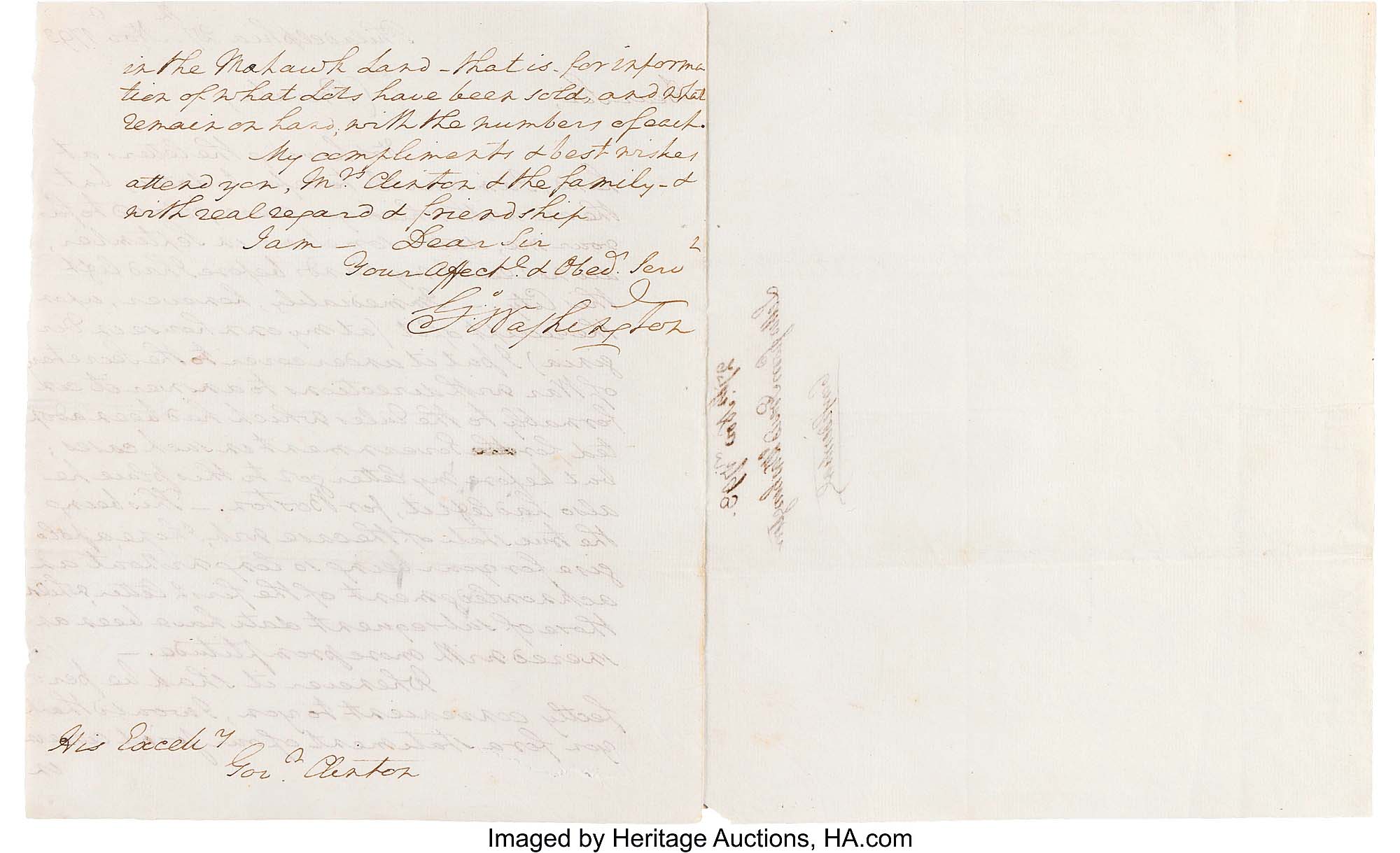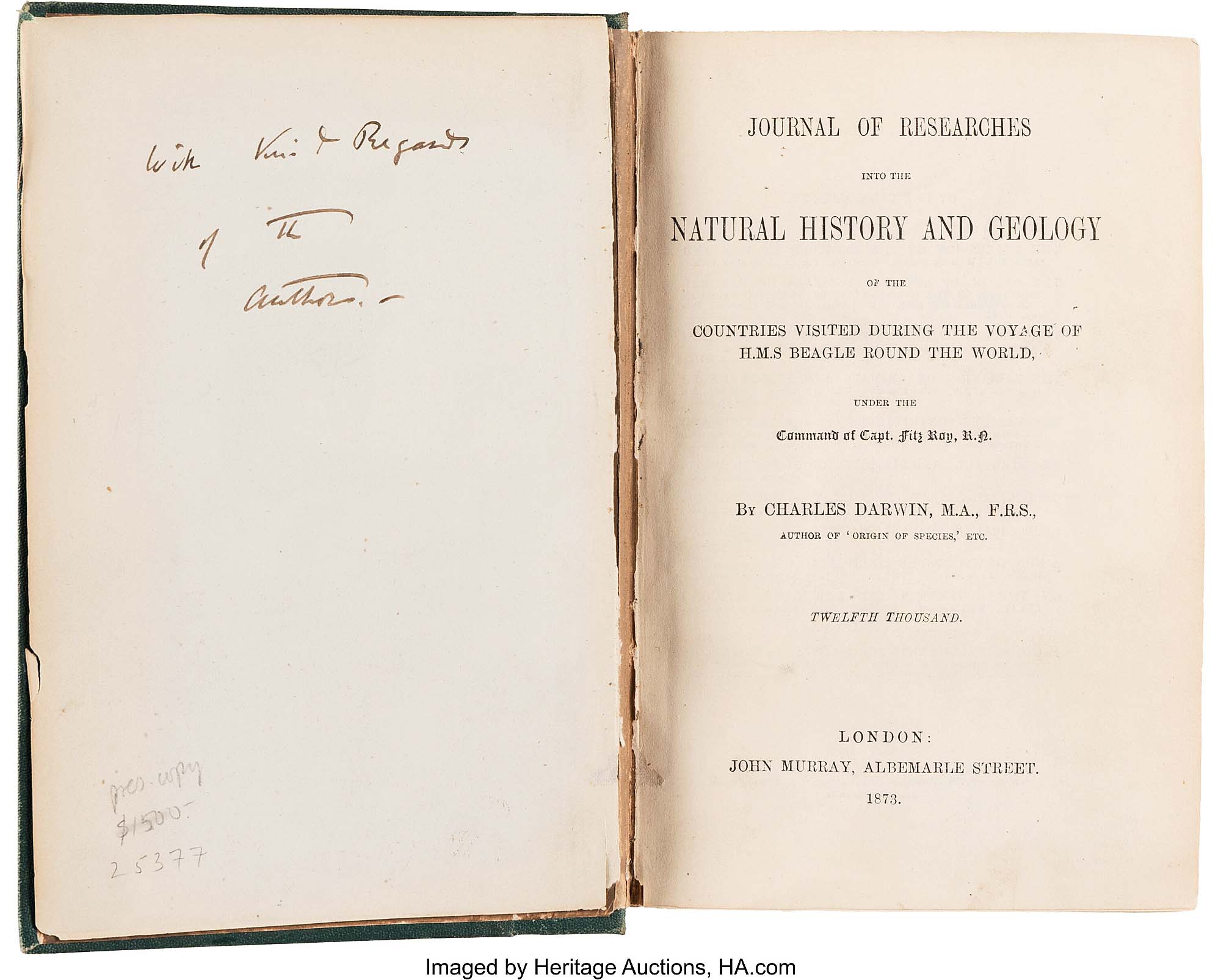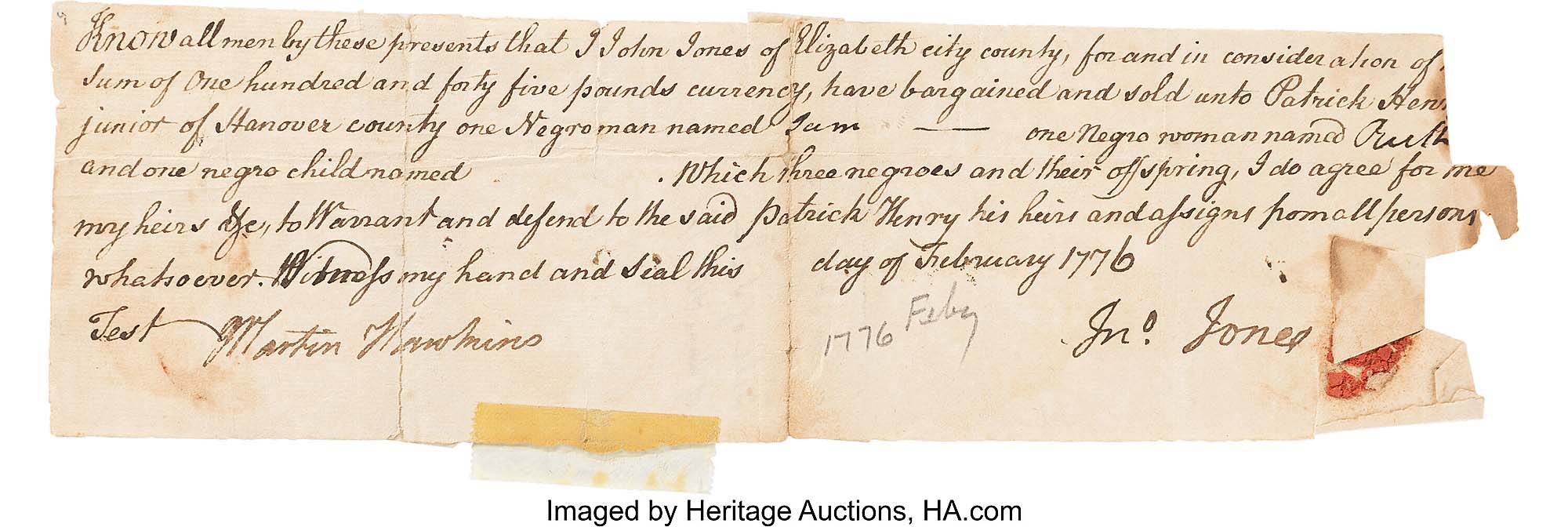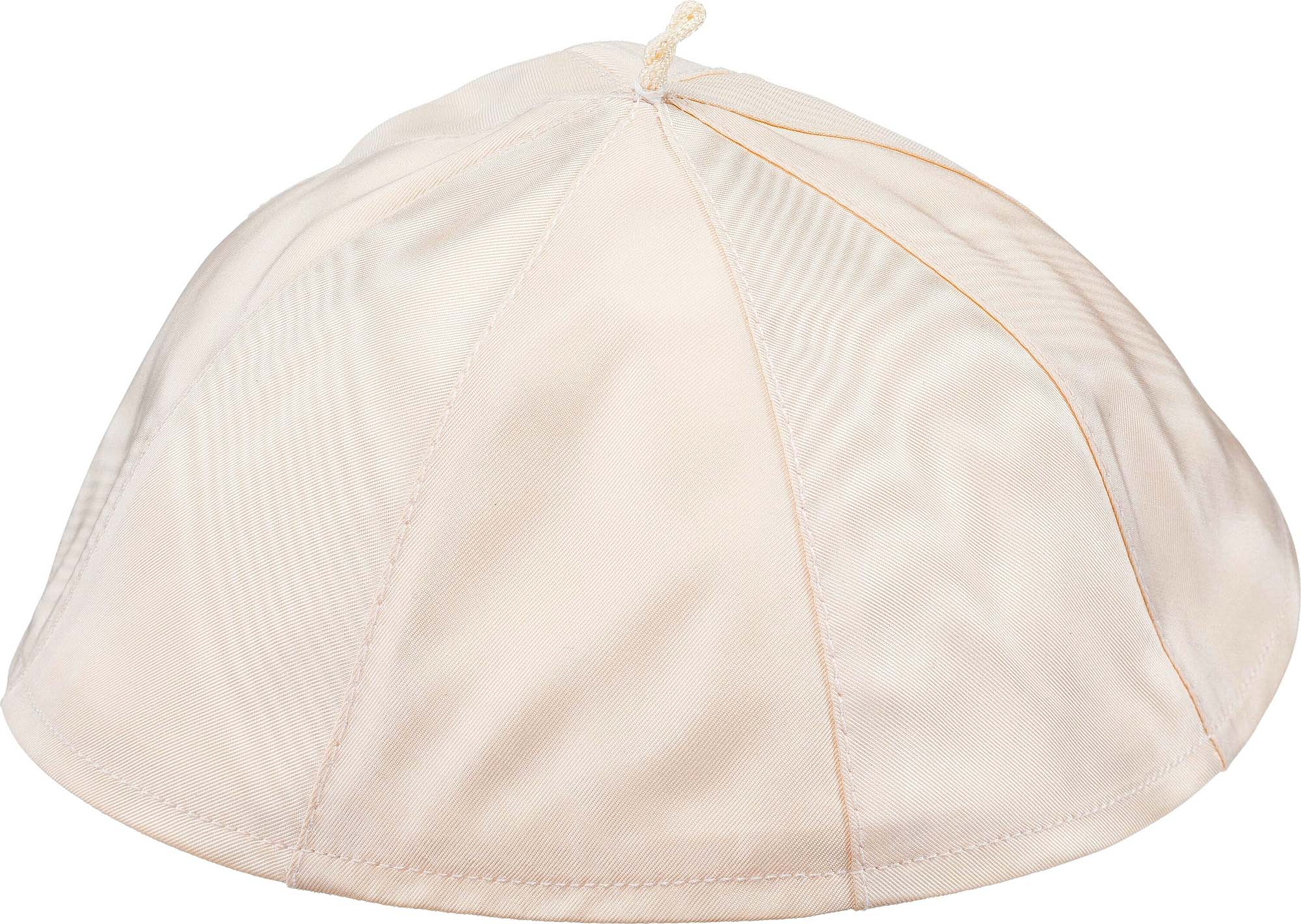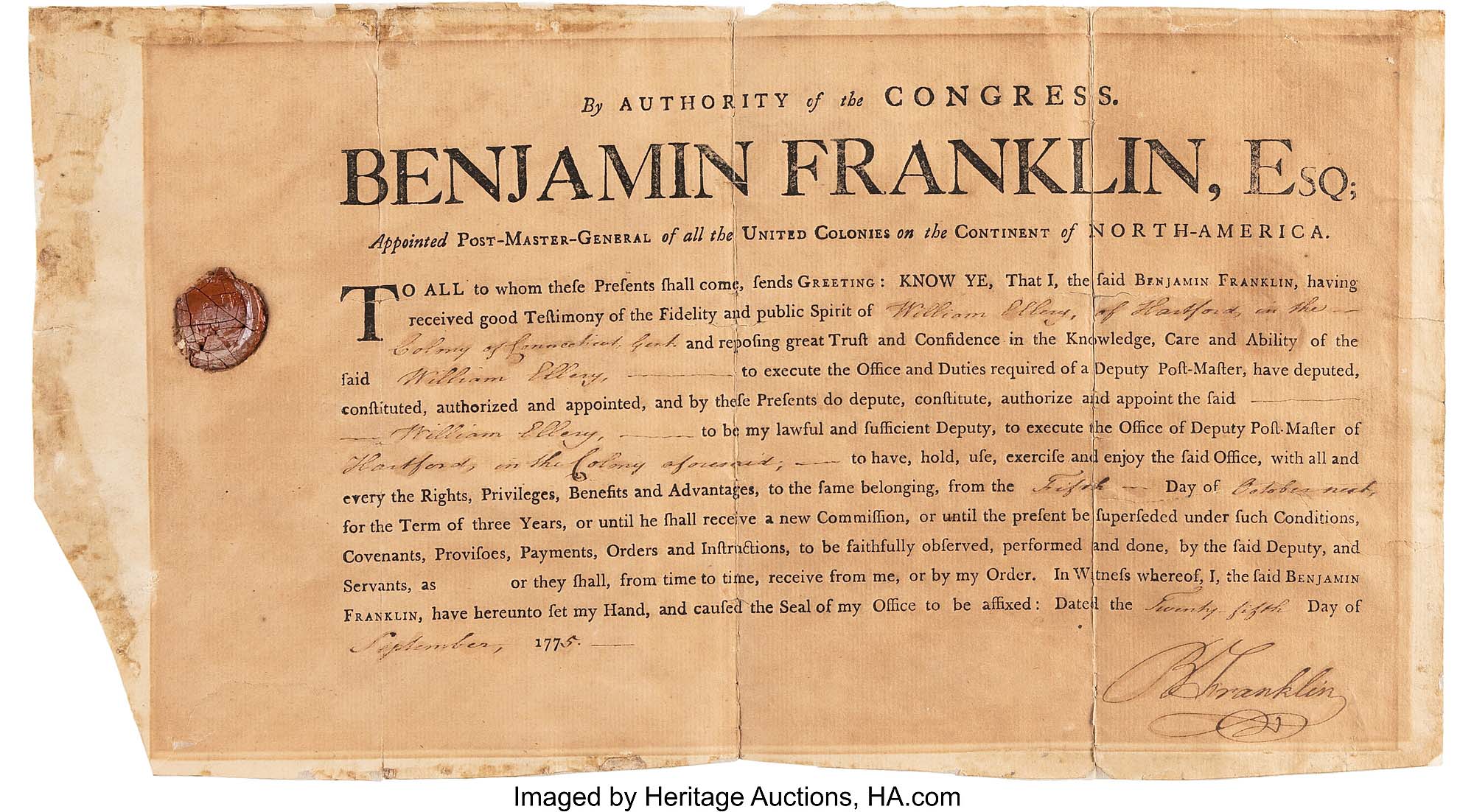
Top-lot status was awarded to this document appointing William Ellery to deputy postmaster, signed “B Franklin” by the Founding Father, who was the postmaster general at the time. The partially printed page, 15¼ by 8¼ inches, was bid to $75,000.
Review by Kiersten Busch
DALLAS — August 8 saw 389 lots cross the block in Heritage’s Historical Manuscripts Including Texana Signature Auction, which brought together a “wide-ranging collection of historical manuscripts, maps and autographs many of which have never before appeared at auction.” The sale heavily featured the collection of Dr Jeffery Rudolph, as well as some newly discovered material.
“I was very pleased with the results, overall, and there were some exceptional results no one could have foreseen. I also always enjoy working with newly found material, as it really is the discovery of new chapters in history,” shared Sandra Palomino, the director of historical manuscripts at Heritage.
On top of a report of “many new bidders,” Palomino also informed Antiques and The Arts Weekly that the auction’s sell-through rate was 93 percent, “with many lots greatly outperforming pre-auction expectations.” Additionally, at the sale’s conclusion, it totaled $1,146,960, but Palomino explained that there were “a couple of minor post-auction sales that have not yet been added to the tally, and I expect a few more in the coming week.”
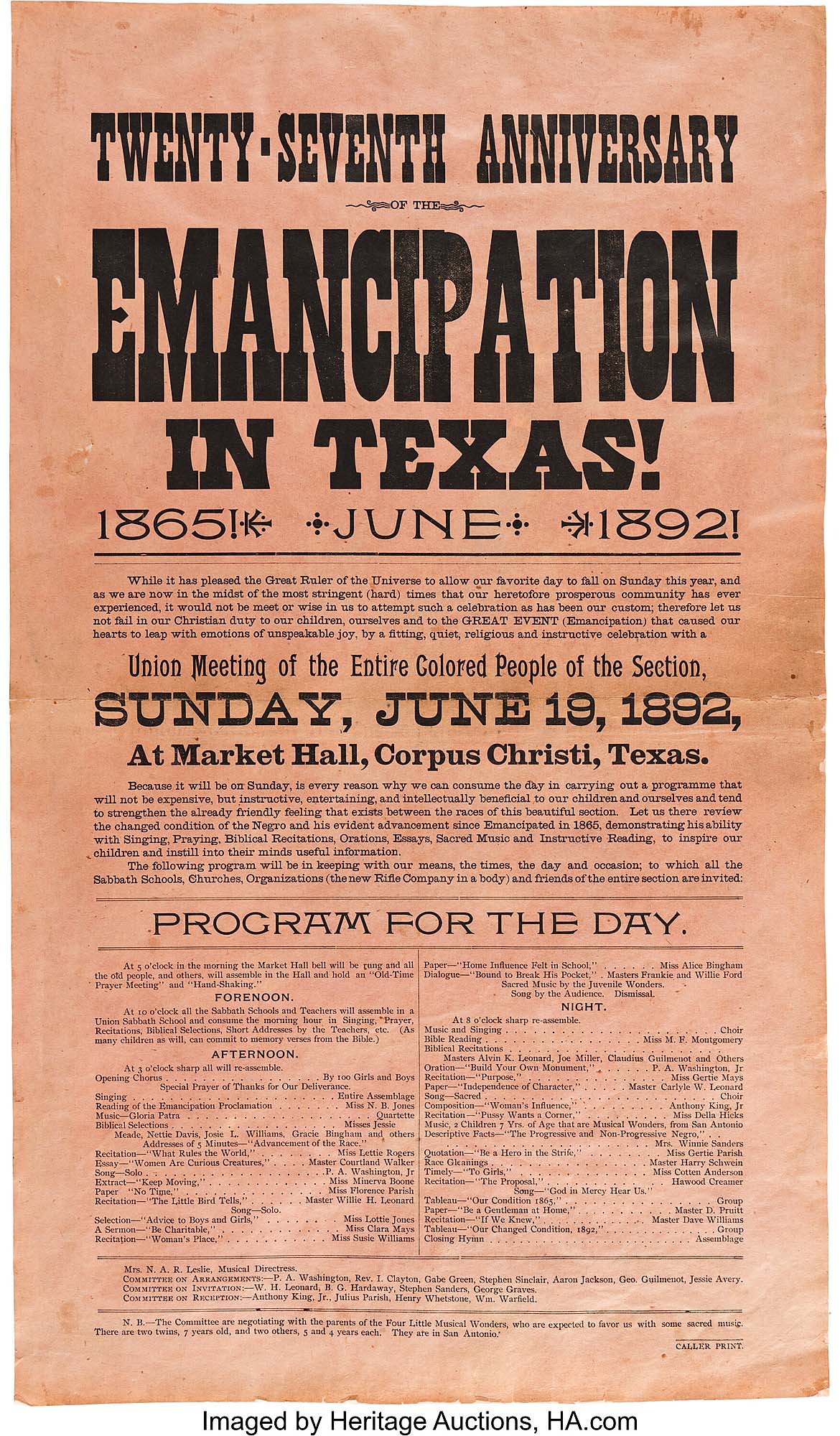
Finishing at $6,250 and advertising the 27th anniversary of “the Emancipation of Texas,” now known as Juneteenth, this broadside from Corpus Christi, Texas, 12 by 20¼ inches, dated June 19, 1892, was from the scrapbook collection of William H. Leonard.
The first unforeseeable and exceptional result came in the form of a fresh-to-market Benjamin Franklin-signed postal appointment of Connecticut merchant William Ellery to deputy postmaster, which achieved $75,000 — the highest price of the sale. The appointment was dated from Philadelphia on September 25, 1775, and was signed “B Franklin.” The lot included a letter of provenance, recording that the document was given to librarian Charles J. Hoadly by Mary Seymour, Ellery’s granddaughter. “The Ben Franklin was a tremendous surprise,” shared Palomino, “I knew it was a scarce format for Franklin, but the census provided by a client and the additional provenance recording its origin really captured bidder attention. It sold for 10 times the original opening bid!”
Palomino continued, “As always, fresh-to-the-market material received an overwhelming response. As our internet presence is so strong, non-collectors who are not familiar with auctions are quick to find us. For example, all of the W.H. Leonard scrapbook material that we offered in a series of lots realized a total of $40,000. The scrapbook was found abandoned in the basement of a newly purchased home, and the consignor had recently seen a news story of the [Wizard of Oz] ruby slippers which Heritage had recently brought to auction.”
One of the pieces of ephemera found in the scrapbook of writer, barber, business owner and community leader William H. Leonard was a broadside of the 27th anniversary of emancipation in Texas, known and celebrated as Juneteenth. Dated “June 19, 1892,” the broadside from Corpus Christi “was more subdued than in previous years,” due to the effects of the declining economy. It achieved a $6,250 finish.
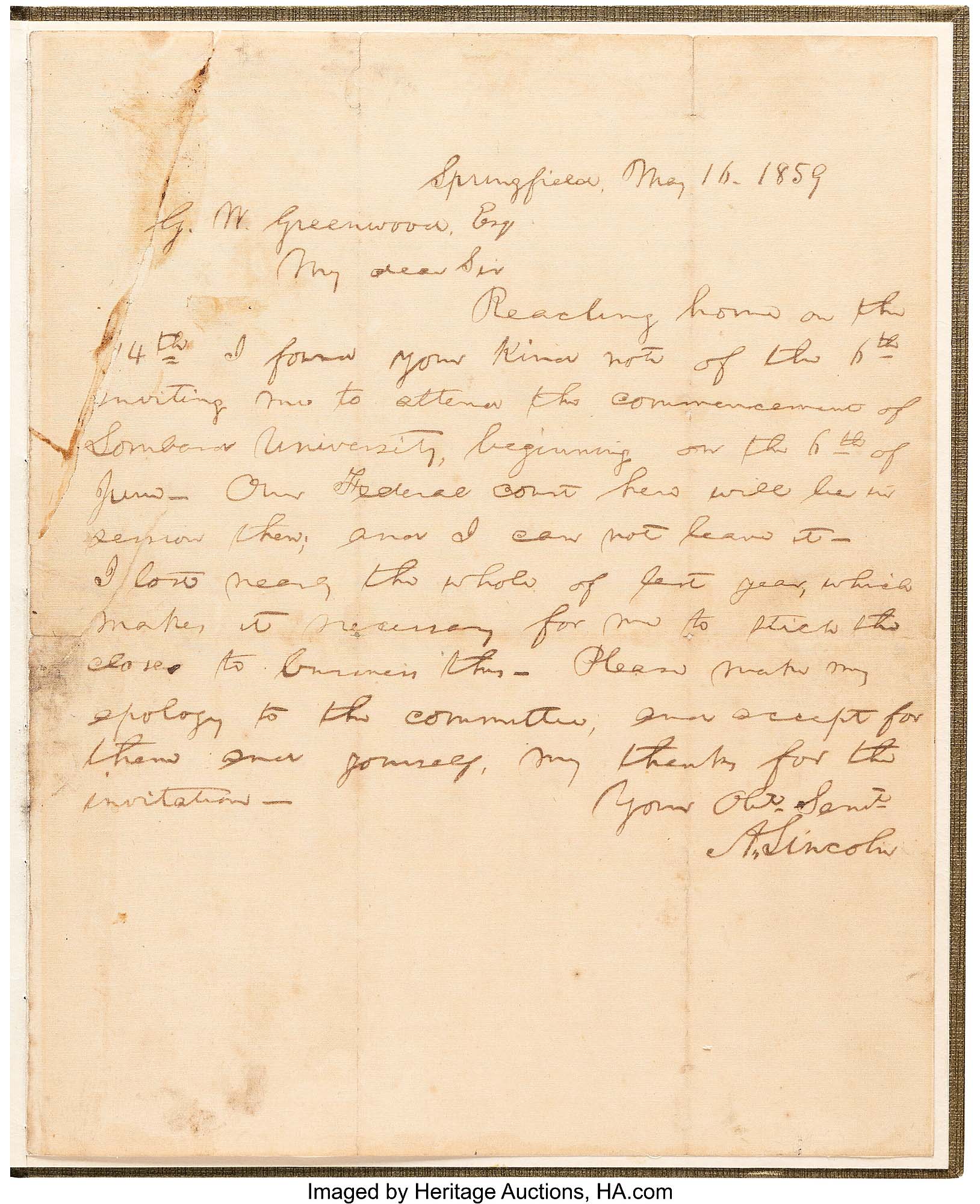
Signing away for $32,500 was this May 16, 1859, letter from Abraham Lincoln to “G. W. Greenwood, Esq,” 8 by 9-7/8 inches, silked and bound to a custom green cloth folio.
Signed letters by George Washington and Abraham Lincoln earned the second- and third-highest prices of the day. “Both the George Washington and Abraham Lincoln letters were received with avid attention, showing the continuing fascination with the leadership of these two men,” added Palomino. The Washington letter, which had provenance to the Rudolph collection, was addressed to New York governor George Clinton, discussing the sale of Washington’s 6,071 acres of land along the Mohawk River. Marked “Private” at the top of the letter and signed “Go: Washington,” it was written up for $38,750.
The “A. Lincoln” signed letter showed a correspondence between the then-lawyer and “G. W. Greenwood, Esq,” who had invited Lincoln to attend a commencement ceremony at Lombard University. Lincoln declined the offer, citing, “I lost nearly the whole of last year,” in reference to his campaign for the US Senate seat from Illinois against Stephen A. Douglas. It was dated “May 16, 1859,” and was accompanied by an assortment of Twentieth Century legal papers which referenced the letter; bidders took it to $32,500.
The Texana category was led at $18,750 by Richard S. Hunt and Jesse F. Randel’s 1839 Map of Texas, which is one of the earliest to show the newly incorporated city of Austin. Printed in New York City by J.H. Colton, the hand-colored folding map was on onion skin paper and engraved by Stiles, Sherman and Smith. The map also had period ownership, displaying a signature reading “N Clopper,” possibly after Nicholas Clopper, an early settler of Stephen F. Austin’s colony.
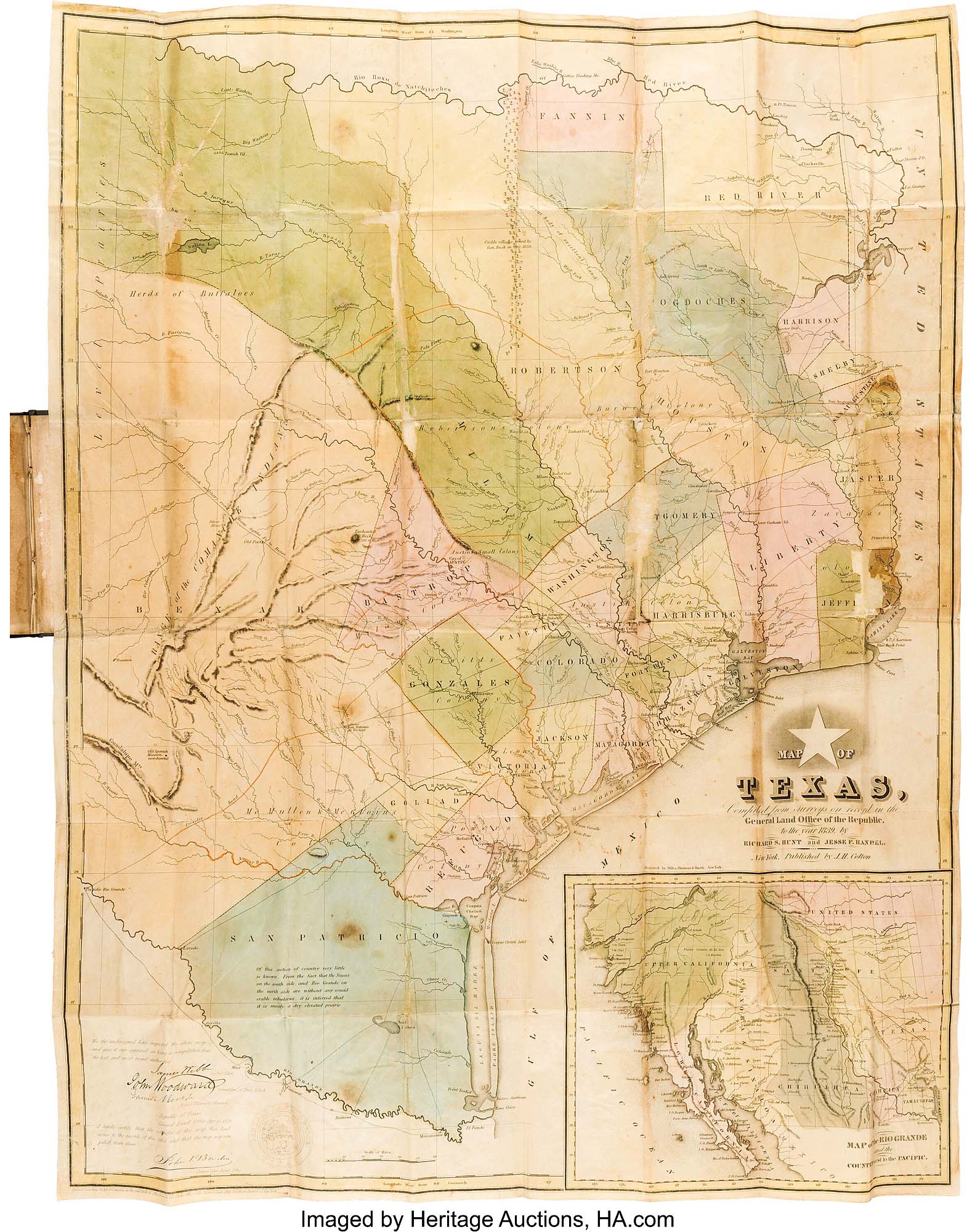
This map of Texas by Richard S. Hunt and Jesse F. Randel, 1839, hand-colored on onion skin paper, 24¼ by 32 inches, was published by J.H. Colton (New York City) and showed the newly incorporated city of Austin; it folded closed for $18,750.
Palomino also noted that, “Revolutionary War material did exceptionally well in this sale. A letter written by a College of New Jersey (now Princeton) student three months prior to the Battle of Lexington [$13,125] and an Edward Rutledge letter written month before he is captured by the British in 1780 [$7,813] speak to the anticipation for next year’s 250th anniversary of the United States.”
Heritage’s next sale of historical manuscripts will be on February 26. Prices quoted include buyer’s premium as reported by the auction house. For further information, 214-528-3500 or www.ha.com.

